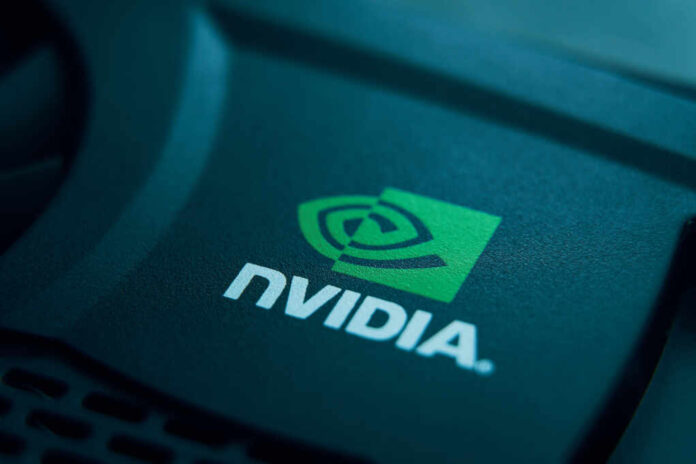
NVIDIA’s dominance in the chip market faces a significant challenge as Alibaba and Baidu embrace their own chips, posing a potential threat to U.S. technology supremacy.
Story Snapshot
- Alibaba and Baidu adopt in-house chips, challenging NVIDIA’s market position.
- This move reflects China’s strategy to reduce dependence on foreign technology.
- NVIDIA’s growth in China might be stunted due to these developments.
- The shift could impact the global tech market and U.S. economic interests.
China’s Strategic Shift in the Tech Landscape
In a strategic move, Chinese tech giants Alibaba and Baidu have started adopting their own developed semiconductor chips. This shift is seen as a part of China’s broader initiative to lessen its dependence on Western technology, particularly from the United States. As these companies focus on self-reliance, it raises concerns about the future of American tech companies like NVIDIA, which have significantly benefited from the Chinese market. The decision aligns with China’s goal to dominate the tech industry by 2030, potentially altering the dynamics of global technology competition.
The impact of this shift is profound. NVIDIA, known for its leadership in AI and graphics processing, has relied heavily on the Chinese market for a substantial portion of its revenue. With Alibaba and Baidu developing competitive chips, NVIDIA’s market share in China could diminish, affecting its global revenue streams. This development could force NVIDIA to innovate further or seek alternative markets to maintain its leading position. The ripple effect of this strategic shift has the potential to influence the broader tech industry, prompting other companies to reassess their reliance on the Chinese market.
Watch: NVIDIA’s China Problem: Alibaba, Baidu Adopt Their Own Chips | Vantage with Palki Sharma
Implications for the U.S. Tech Industry
For the U.S. tech industry, this change signals both a challenge and an opportunity. While the immediate threat is the loss of a major market for chips, it also highlights the need for American companies to innovate continuously. This could lead to accelerated advancements in chip technology as companies strive to stay ahead of their Chinese counterparts. Moreover, the U.S. government might need to reassess its tech policies and support American firms in maintaining their competitive edge globally. The development also underscores the importance of strategic alliances and partnerships within the tech industry to counterbalance China’s growing influence.
The Broader Economic and Political Ramifications
The geopolitical implications of this technological shift cannot be ignored. As China advances in its tech capabilities, the balance of power in the global tech landscape could shift. This could lead to intensified competition between the U.S. and China, affecting international trade and diplomatic relations. The U.S. might respond by enhancing its tech policies and fostering homegrown innovation to mitigate potential losses. This scenario also highlights the need for robust cybersecurity measures to protect technological advancements and intellectual property from potential threats.
Ultimately, while Alibaba and Baidu’s move to develop their own chips represents a direct challenge to NVIDIA and U.S. tech supremacy, it also serves as a catalyst for innovation and strategic policy formulation. The coming years will likely see significant shifts in tech alliances, market strategies, and global economic policies as countries and companies navigate this rapidly evolving landscape.
Sources:
https://www.cxodigitalpulse.com/alibaba-and-baidu-begin-using-in-house-chips-to-train-ai-models-reducing-reliance-on-nvidia/
https://www.reuters.com/world/china/alibaba-baidu-begin-using-own-chips-train-ai-models-information-reports-2025-09-11/

























